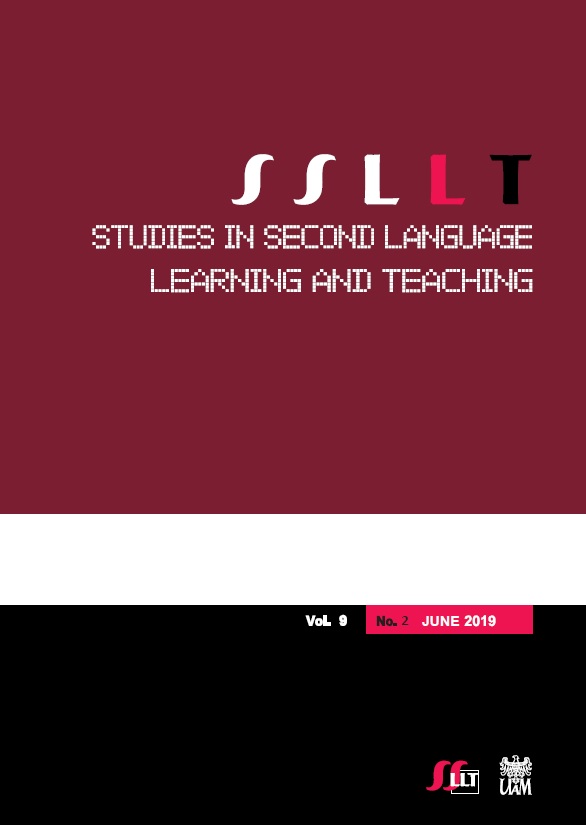Arabic language-learning strategy preferences among undergraduate students
Arabic language-learning strategy preferences among undergraduate students
Author(s): Hezi Y. BroshSubject(s): Translation Studies
Published by: Wojskowe Biuro Historyczne im. gen. broni Kazimierza Sosnkowskiego
Keywords: Arabic language-learning strategies; language-learning strategy preferences; language-teaching strategy preferences; Arabic learning as a foreign language; effective Arabic language learning and teach
Summary/Abstract: This study elicited Arabic students’ perceptions regarding their language-learning strategy preferences (LLSPs). A sample of 120 undergraduate Arabic students participated. Data were collected through a questionnaire and interviews. The findings reveal that students tend to adopt a holistic view of the learning task and relate it to real-life, personal experience. Participants selected interaction with the teacher, speaking, and flashcards as their most preferred application-directed learning strategies. These selections demonstrate that Arabic students desire to be proactive in order to make the language more concrete for them, to enhance their performance, and to develop language skills that will last a lifetime. Whereas advanced level participants preferred interaction with the teacher, speaking, flashcards, and working individually, beginner level participants preferred learning grammar and group work. The empirical evidence from this study could have implications regarding theoretical models of effective Arabic language instruction, Arabic teacher education programs, and curriculum development.
Journal: Studies in Second Language Learning and Teaching
- Issue Year: IX/2019
- Issue No: 2
- Page Range: 351-377
- Page Count: 27
- Language: English

